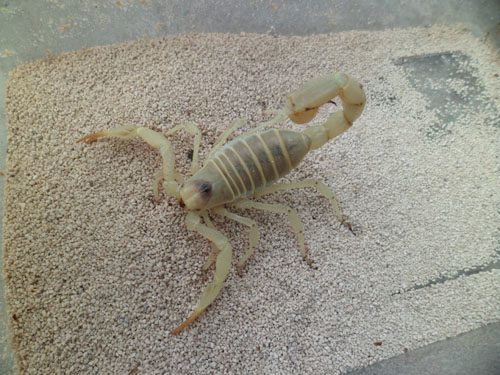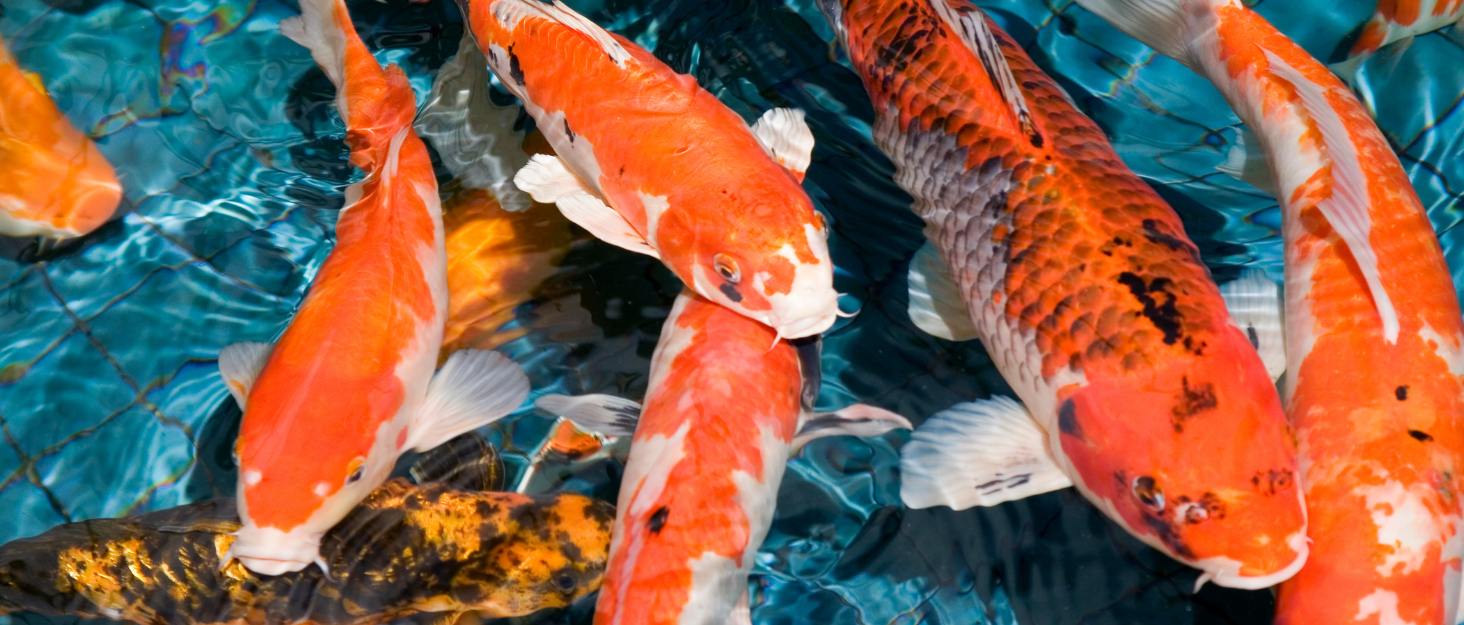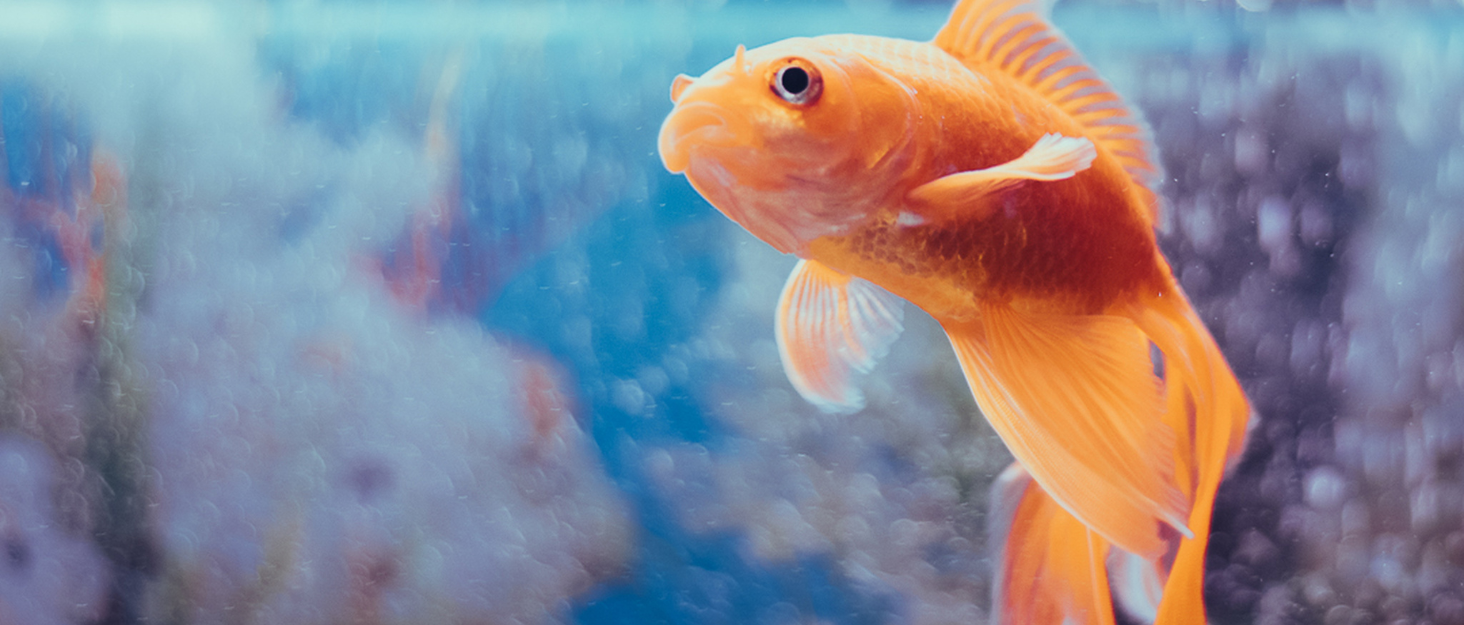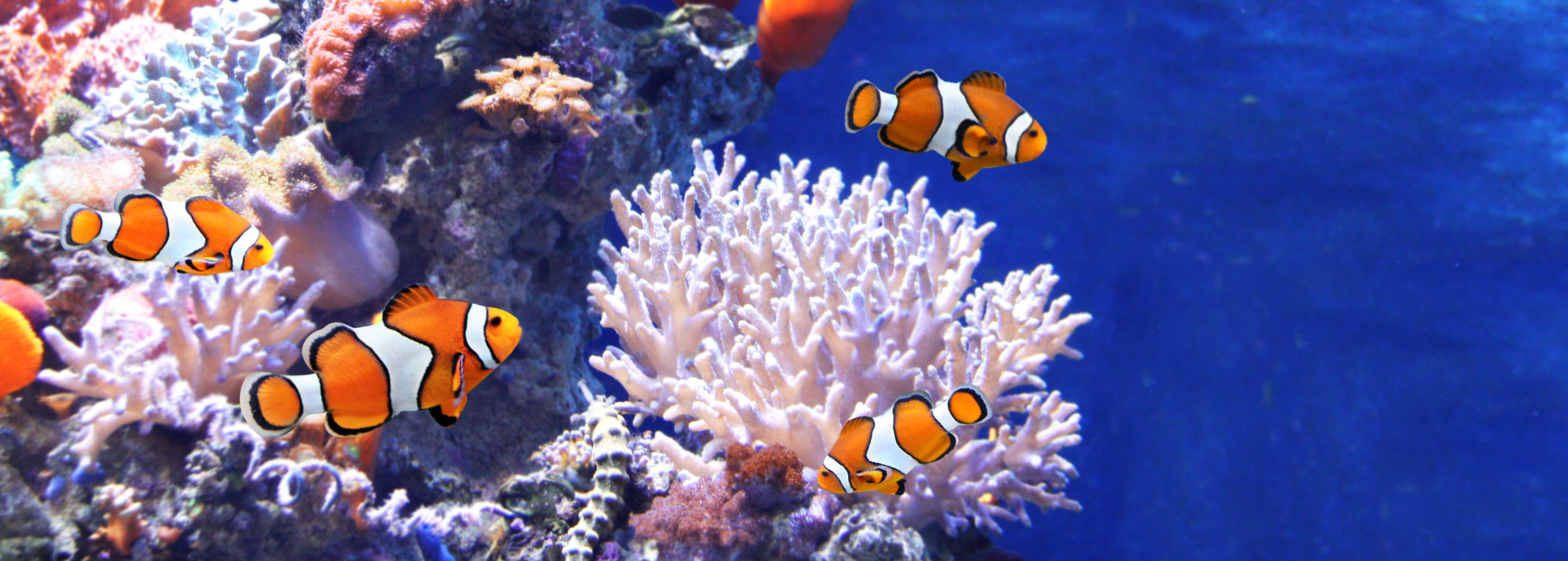Description
Hadrurus A.Pallidus (Blonde Desert Hairy) Sub-Adult/Adult - Image is for illustration purposes only!
Housing
- Enclosure: A 10 to 20-gallon terrarium is suitable for an adult Blonde Desert Hairy Scorpion. They require a secure lid to prevent escapes, as they can climb and are quite adept at finding ways out of enclosures.
- Substrate: Use a mix of sand and soil as the substrate to mimic their natural desert habitat. The substrate should be at least 4 inches deep to allow for burrowing.
- Humidity: These scorpions are adapted to dry conditions, so aim for low humidity levels in the enclosure, around 30-40%. However, it's crucial to provide a small, shallow water dish for drinking.
- Temperature: Maintain a temperature gradient from 26-32°C (80-90°F) during the day, dropping to 18-24°C (65-75°F) at night. You can achieve this with a heat lamp or under-tank heater placed on one side of the terrarium.
Feeding
- Diet: Feed your Blonde Desert Hairy Scorpion live insects such as crickets, mealworms, or small roaches. Adult scorpions should be fed 2-3 times per week. Always remove any uneaten prey within 24 hours to prevent stress and potential injury to the scorpion.
- Water: Provide a shallow water dish with fresh water at all times. Ensure the dish is shallow enough to prevent drowning.
General Care
- Handling: It's advisable to minimise handling. While not typically aggressive, these scorpions can sting or pinch if threatened. Their sting is painful but generally not dangerous to humans unless you have an allergic reaction.
- Decoration and Shelter: Decorate the enclosure with rocks, driftwood, or commercial hides to provide shelter and climbing opportunities. Ensure any structures are stable to prevent accidental injury.
- Molting: Sub-adult scorpions will continue to molt as they reach adulthood. During this time, they may become less active and refuse food. Increase the enclosure's humidity slightly to support the molting process and refrain from handling.
Social Needs
- Hadrurus arizonensis pallidus are solitary creatures and should be housed alone. They are territorial and can become aggressive toward each other if housed together.
Safety and Health
- Regularly check your scorpion for signs of stress or ill health, such as lack of appetite, lethargy, or abnormal behaviour. Maintain cleanliness in the enclosure to prevent the growth of mold and bacteria.
Order and get 40 reward points
Earn points by signing up for our rewards program




